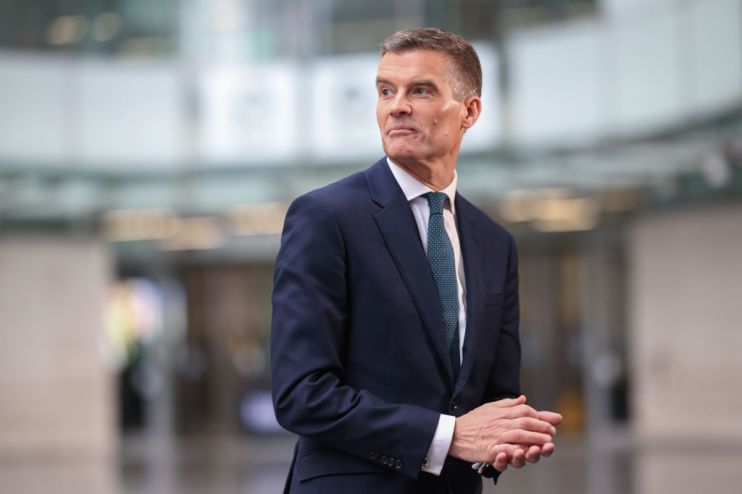Great British Railways confirmed: Body will take ‘politics out’ of sector, says Mark Harper

Transport secretary Mark Harper has confirmed the creation of Great British Railways, saying the new public body will take “politics out of the railways”.
“This is not Network Rail 2.0, nor a return to British Rail,” Harper told the sector as he delivered the annual George Bradshaw address earlier this evening.
“Taking the politics out of the railways is the only way to build a commercially-led industry and, for me, that is non-negotiable.”
Great British Railway (GBR) will be an “arm’s length body” responsible for the sector’s performance by ensuring a “balanced approach to both infrastructure and operations” and enhancing the private sector’s role.
Announced in May 2021 by then-transport secretary Grant Shapps, GBR’s existence was thrown into question last year by both the secretary and his predecessor Anne-Marie Trevelyan.
Harper told the Commons’ transport select committee in early December that he was taking some time to “listen to alternative views” on GBR’s future.
Nevertheless, the secretary said today his priority was delivering the policy and “moving from words to action”.
As part of the sector’s reform, not only will private companies be involved in running services but they will also maximise “competition, innovation and revenue growth across the industry”.
“Britain is yearning for a modern railway that meets the needs of the moment,” he explained.
Commenting on the announcement, Andy Bagnall, chief executive of trade body Rail Partners, said GBR’s creation was “a welcome step in the right direction”.
“A new framework can create greater coherence and accountability across the network, while also giving train companies the freedom to use their commercial expertise to respond to customer needs,” Bagnall added.
Harper confirmed that the government will halve the cost of single fares across the wider LNER network before deciding whether to expand the ticketing system more widely.
He also announced the rollout of pay-as-you-go across south-eastern England as well as the trialling of fare fluctuations.
Just like for aviation, fares on certain LNER services will change based on how full the train is in a bid to “better manage capacity as well as revenue”.
“I just want passengers to benefit from simpler ticketing that meets their needs,” Harper continued.